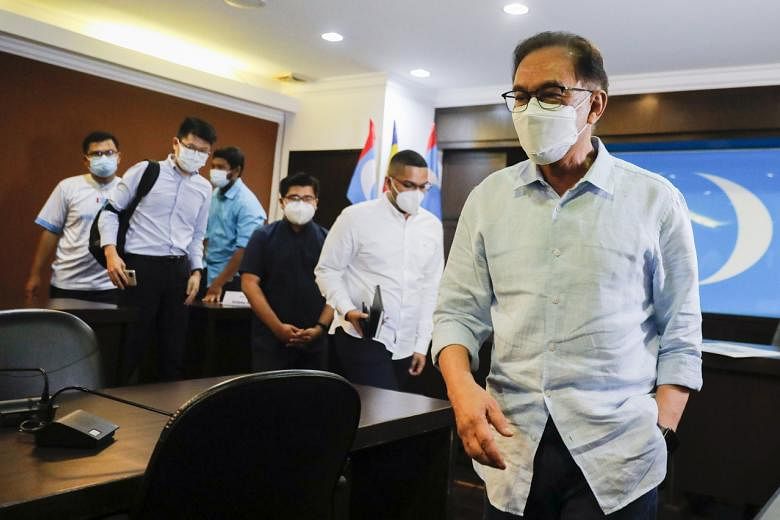On Sept 20, 1998, Malaysian politics took a convulsive turn, as the sacked deputy prime minister Anwar Ibrahim was arrested after holding a huge rally, which officially kick-started the Reformasi movement that almost overthrew the dominance of the ruling United Malays National Organisation (Umno).
Since 2018, the year Umno's 61-year dominance came to an end when Barisan Nasional (BN) lost its parliamentary majority to the opposition Pakatan Harapan (PH) coalition, Malaysia has had three prime ministers.
Already a subscriber? Log in
Read the full story and more at $9.90/month
Get exclusive reports and insights with more than 500 subscriber-only articles every month
ST One Digital
$9.90/month
No contract
ST app access on 1 mobile device
Unlock these benefits
All subscriber-only content on ST app and straitstimes.com
Easy access any time via ST app on 1 mobile device
E-paper with 2-week archive so you won't miss out on content that matters to you

